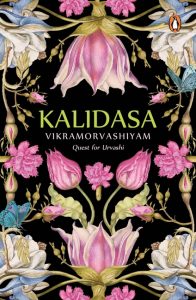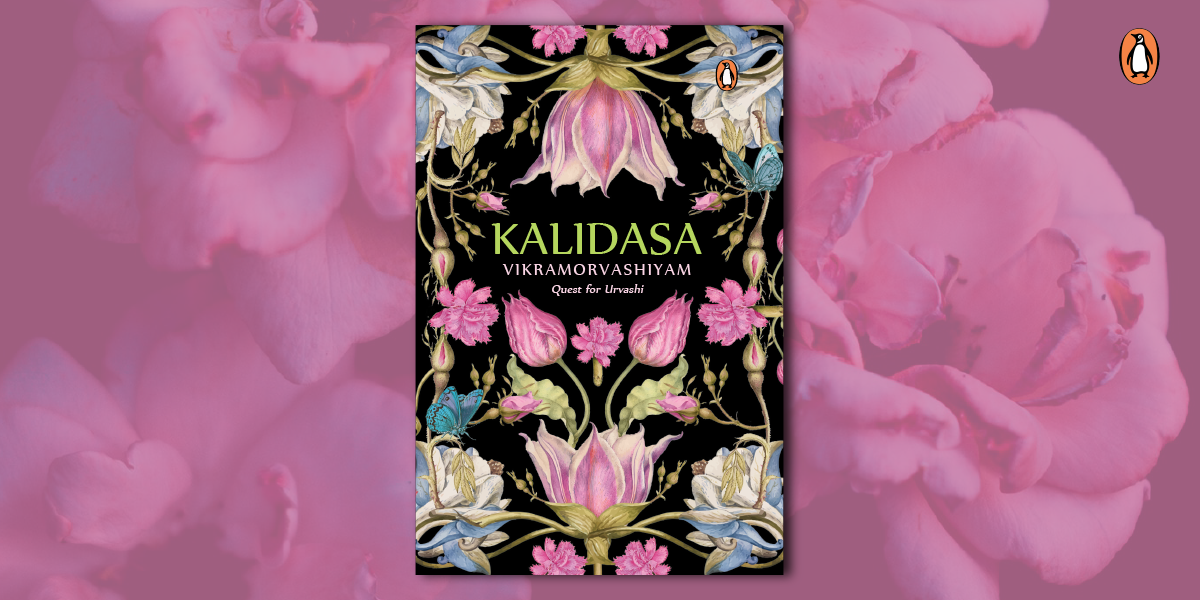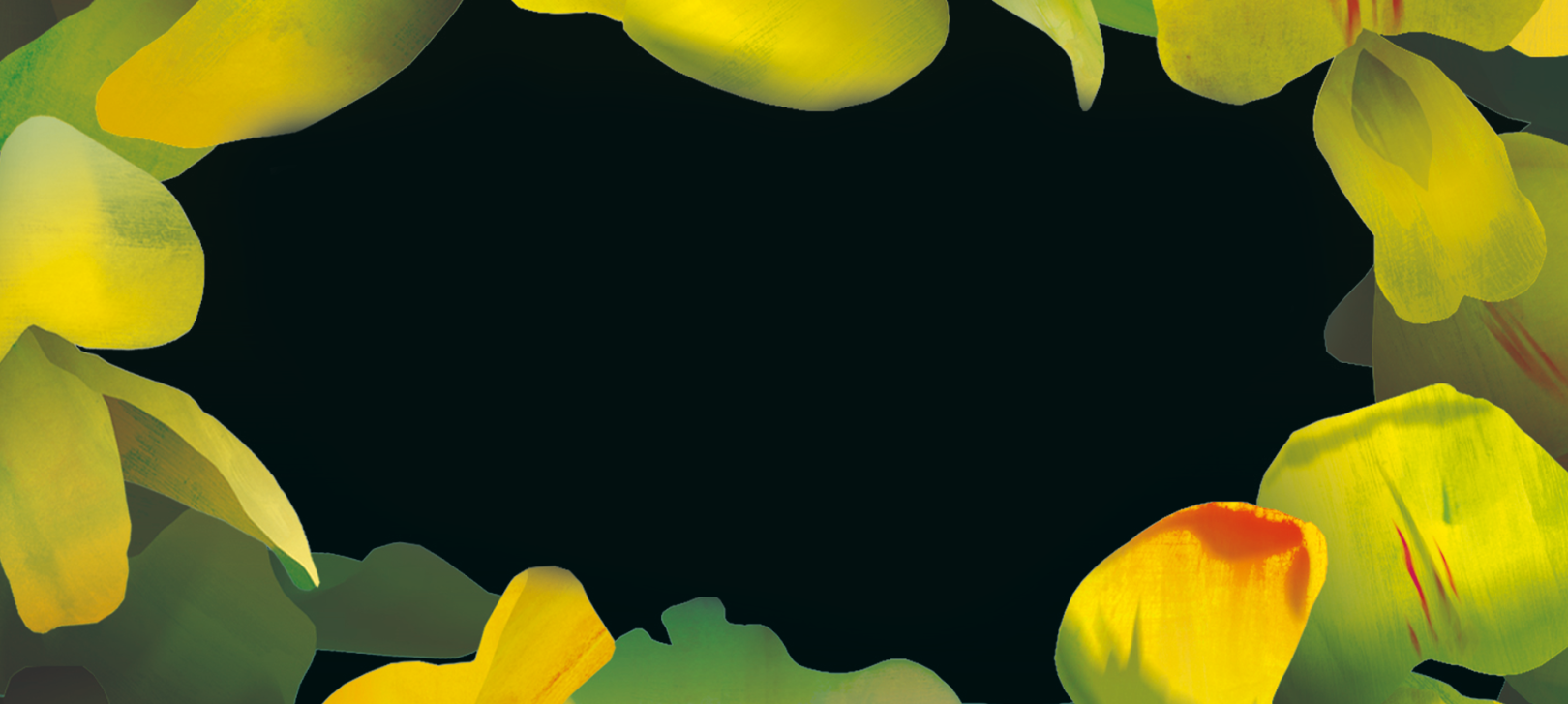A magnificent drama based on an episode from the Rig Veda, Vikramorvashiyam is filled with dramatic turns of event, music and dance. The scenes, characters and dialogues are at once lively and theatrical as well as sensitive and speculative. Believed to be the second of Kalidasa’s three plays, Vikramorvashiyam is an undisputed classic from ancient Indian literature. A.N.D. Haksar’s brilliant new translation gives contemporary readers an opportunity to savour this delightful tale about star crossed lovers, King Pururavas and the celestial nymph Urvashi.
To enable you to feel the full extent of the intensity of the drama and emotions in this play, we find ourselves compelled to give you a glimpse into this magnificent story.
~

Chitraratha: Great Indra heard from Narada that Urvashi
had been kidnapped by the demon Keshin. He then ordered
the army of celestial singers to get her back. On the way, we
heard from the bards about your victory, and have come here
to you. She must salute Indra, together with you and me. For
you have indeed done what he wanted, sir. Look,
Long ago did the sage Narayana
present her to the king of heaven,
and now she has been rescued
by you from the demon’s hands. (14)
King: No! It is not so!
It is indeed by the power of
the wielder of the thunderbolt,
that his allies defeat the foe:
from his mountain cave, even the echo
of a lion’s roar can terrify elephants. (15)
Chitraratha: This is quite well said. Modesty does indeed
ornament valour.
King: This is no time for me to visit Indra, the lord of a hundred
sacrifices. You should yourself take this lady to meet him.
Chitraratha: As you wish, sir. Ladies, this way.
(The nymphs mime to leave.)
Urvashi: Friend Chitralekha, though this saintly king did save
me, I cannot say good-bye to him. So, please be my mouthpiece.
Chitralekha (approaching the king): Great king, Urvashi says
she wants to express her gratitude to you and, as for a dear
friend, to carry your fame to great Indra’s realm.
King: Do go, till we meet each other again.
(The nymphs mime mounting to the sky, together with the
celestial singers.)
Uravashi (miming great reluctance): Alas! My string of pearls
has been caught in the vine of a creeper plant. Chitralekha,
please set it free.
Chitralekha (with a smile): It is stuck hard, and is difficult to
disentangle. But I will try to do it.
Urvashi: Remember your words!
King (to himself ):
Creeper, to me your deed is dear,
it delays for a while her going,
and her side-long glance at me
as she turns away her face, I see. (16)
Charioteer: Noble lord,
Having hurled into the sea
the demon who had great Indra wronged,
your wind-like arrow has again
come back to its quiver now,
like a serpent to its burrow. (17)
King: Then, bring back the chariot so that I may mount it.
(The charioteer does so and the king mounts the chariot. Urvashi
gazes at him and sighs as she exits with her friend Chitralekha.)
King (looking towards where Urvashi has gone): Alas! My
desires did look for something hard to attain!
As she flies to her father, the sky,
this divine damsel has torn
the heart out from my body,
like the mate of a royal swan
pulls a stalk from a lotus bloom. (18)
(Exit all.)
End of Act One























